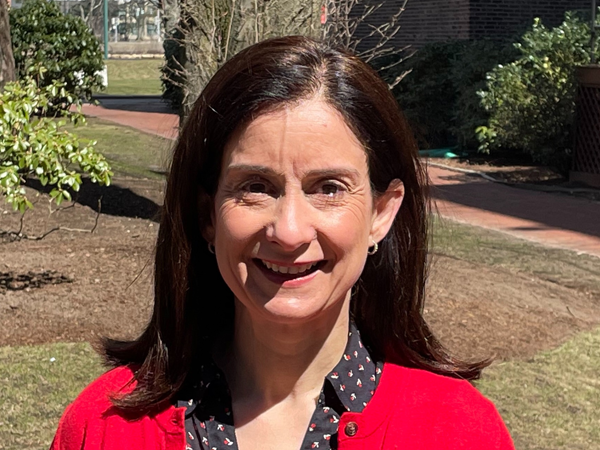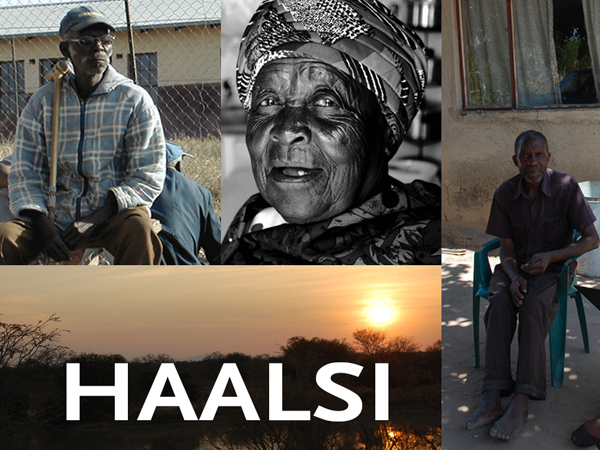When assessing the effectiveness of a large-scale, federally funded program such as Head Start—a program designed to better prepare children ages 3-5 from low-income families for school—it is limited to only look at the Average Treatment Effect given the “considerable systematic heterogeneity within population between individuals.” This study applies complex variance modelling, an extension of multilevel modelling, to capture the variance, as well as the mean, in order to shed…
Brittney Butler pens op-ed: “Black mothers die at higher rates. Florida’s ‘Stop WOKE Act’ could make that worse”
Harvard Bell Fellow Brittney Butler, PhD, who also holds a joint appointment as an FXB Health and Human Rights Research Fellow at the Harvard T.H. Chan School of Public Health, has penned an op-ed published in the Miami Herald in which she sounds the alarm about the potential damaging effects of the “Stop WOKE Act” (House Bill 7, or HB 7) to Black families in Florida. The bill is sitting…
“Who Goes on Disability when Times are Tough? The Role of Work Norms among Immigrants”
Visiting Scientist Delia Furtado, PhD, has co-authored a paper published in European Economic Review that examines who (in this case, immigrants in the U.S.) is likely to go on disability in response to worsening economic conditions. Findings suggest that the work norms in a person’s home country play a notable role.
First-ever dashboard displaying life expectancies on the U.S. Congressional District level
Despite persistent health disparities in the United States, health data on the Congressional District level continues to be meager. “As our nation transitions towards recovering from the COVID-19 pandemic and reducing health disparities, it is imperative for politically relevant public health data to be available in a clear and direct manner,” said Dr. S V Subramanian, Harvard Pop Center faculty member and one of the leading researchers at the Geographic…
Study of aging population in South Africa finds that HIV viral suppression through ART is leveling the field of healthy longevity
Findings by HAALSI researchers published in The Lancet Healthy Longevity, a special issue of conference abstracts, point to similar levels of increased lifespan and “healthspan” among those HIV-positive individuals who achieved viral suppression through ART as observed among HIV-negative individuals.
What affects the mental health of a population that is now growing older in sub-Saharan Africa?
Harvard Pop Center Director of Research & Research Scientist Elyse Jennings, recent Harvard Bell Fellow Leslie Adams, and senior data scientist at the University of Cape Town Chido Chinogurei have co-authored a study published in Social Science & Medicine – Mental Health (SSM-MH) that found that experiencing a marital dissolution was associated with more depressive symptoms than remaining married for both men and women, and men (but not women) reported greater…
Study finds large disparities in life expectancy between different castes in India, suggesting “diverse systems of discrimination akin to racism”
A study published in PNAS co-authored by Harvard Bell Fellow Aashish Gupta, PhD, and two other colleagues uses survey data on more than 20 million individuals from nine Indian states (representing approximately half of India’s total population) to estimate life expectancy differences between those from higher-castes (e.g., Hindus) and three marginalized social groups: Adivasis (indigenous peoples), Dalits (oppressed castes), and Muslims.
Mobility between neighborhoods found to play significant role in race and class disparities in COVID-19 infection
While it is well documented that neighborhood plays a role in the risk of COVID-19, a paper published in Science now sheds light on the pathways of possible transmission by using data from mobile phones to capture the neighborhoods visited by residents, and the neighborhoods of those who visit. Harvard Pop Center faculty members S V Subramanian and Rob Sampson are among the authors on the paper.
A historical approach to validating racism as a key determinant of health
The February 2022 issue of the journal Health Affairs takes a deeper look at racism and health. Harvard Pop Center faculty affiliate David Williams, along with co-author Ruth Enid Zambrana, contribute to this piece on how the past four decades of scholarship, along with some more recent insights, have helped to highlight why racism needs to be part of the “national discourse on racial inequities in health.”
Which subpopulations are more susceptible to mental health issues after experiencing a disaster?
In this study authored by former Harvard Bell Fellow Adel Daoud, PhD, and our faculty affiliate Ichiro Kawachi, and their colleagues, a machine learning approach to parsing out differences in mental health problems after a disaster-related traumatic experience (in this case, older Japanese adults who lived in an area hard hit by the 2011 Great East Japan Earthquake) revealed that some subgroups experienced severe impacts. Those found to be most…








